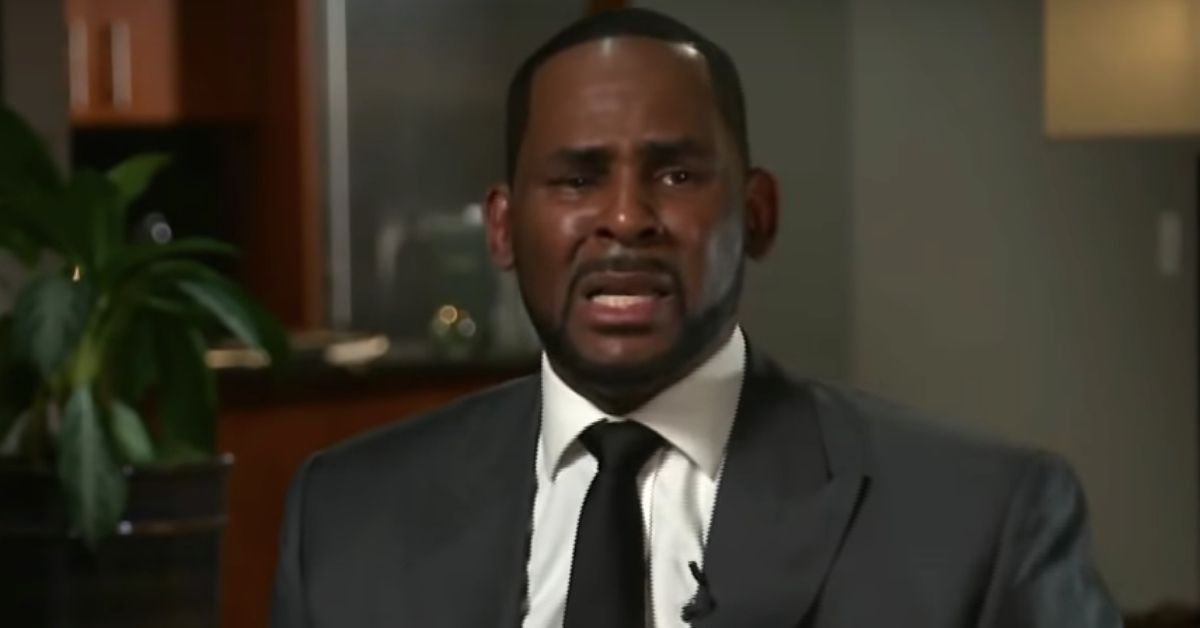Why didn’t people know about R. Kelly sexually abusing minors for almost 30 years? Because despite whatever learning disabilities he claimed and his labeling as a misunderstood creative, he was a brilliant operator and understood his power as a leader.
At least that is what the prosecution believes.
According to the Associated Press, the prosecution said that how he kept his circle tight and ruled them with an iron fist so that his dark secrets weren’t made public. People’s desire to stay down with the GRAMMY Award-winning mega-star afforded him a sinister power over his business associates and employees that left a trail of broken teen girls and young women.
Assistant U.S. Attorney Elizabeth Geddes said during her closing arguments, “The defendant set rules, lots of them, and he demanded complete obedience.”
“For many years what happened in the defendant’s world stayed in the defendant’s world,” she continued. “But no longer.”
Popular blogger thePlainestjane covered the federal trial that started six weeks ago. She shared testimonies, gathered from news sources that she cites on her YouTube channel (New York Times, AP, The Root, etc.) were allowed access into the court, of people either looking the other way, opting to just do what they were told without questioning because they were on staff or simply did not connect the dots between a middle-aged man dating girls that looked like they could be his daughter.
The federal case against the disgraced singer alleged that he set up a network of assistants, bodyguards, and other hanger-oners that helped him take advantage of young girls like Azriel Clary and R&B music princess Aaliyah Haughton.
Geddes aimed to prove that he used these individuals “to target, groom and exploit girls, boys and young women for his own sexual gratification.” And with their over 400 pieces of evidence and 45 witnesses, she contends that they provided enough to prove he did.
R. Kelly, who told the judge that he would not be taking the stand to defend himself, still maintains his innocence of charges of sexual abuse, trafficking, and racketeering. The racketeering is addressed by all the people he hired to (as testified by witnesses) a) pick up girls at the concerts, b) tend to the girls’ needs, c) witnessed his abuse but told those were penalties for disobeying “Robert’s Rules,” and d) upholding his rules even if they were immoral or illegal.
If convicted in this federal case, he may never see the light of day as a free man.

